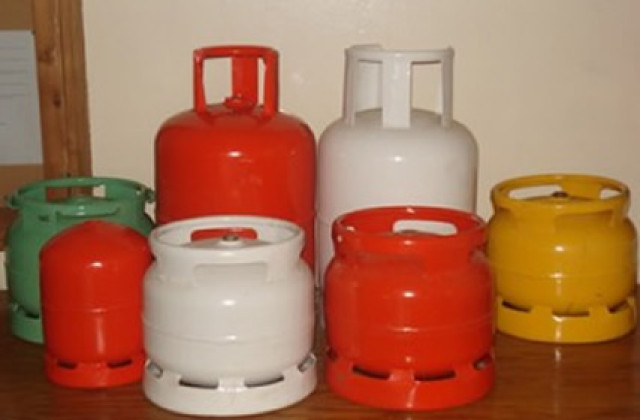The Federal Government has stopped the export of locally produced Liquefied Petroleum Gas, also known as cooking gas, to prioritise domestic supply.
The measure announced by the Minister of State Petroleum Resources (Gas), Ekperikpe Ekpo, on Tuesday, will begin on November 1, 2024, and is to tackle the high gas price in Nigeria.
This was contained in a statement by the spokesman for the minister, Louis Ibah, in Abuja.
Ibah said the decision was reached after the minister convened a high-level meeting in Abuja with stakeholders to address the skyrocketing price and its attendant hardship on Nigerians.
It could be reported that the price of cooking gas skyrocketed from N700/kg in June 2023, around when President Bola Tinubu assumed office to N1,500/kg in October 2024.
This represents about a 114 per cent increase within the 16 months.
In a move to tackle the soaring price of cooking gas, the minister established a high-level committee in November 2023 led by the Chief Executive of the NMDPRA, Mr Farouk Ahmed, with key stakeholders in the LPG value chain.
However, despite this effort to address the issue, prices have continued to fluctuate, recently soaring to N1,500 from an average of N1,100 to N1,250/kg.
But the minister, in a new directive to reduce the price, gave short-term and long-term targets.
He said, “With effect from November 1, 2024, NNPCL and LPG producers are to stop exporting LPG produced in-country or import equivalent volumes of LPG exported at cost-reflective prices.”
In terms of the pricing framework, he directed the Nigerian Midstream and Downstream Petroleum Regulatory Authority to meet with stakeholders to derive the pricing framework within 90 days.
The statement added, “Pricing Framework: NMDPRA will engage stakeholders to create a domestic LPG pricing framework within 90 days, indexing price to cost of in-country production, rather than the current practice of indexing against external markets, such as the Americas and Far East Asia, whereas the commodity is produced in-country and the Nigerian people are required to pay much higher price for an essential commodity the country is naturally endowed with.”
Offering a long-term solution, the statement added that within 12 months, facilities will be developed to blend, store, and deliver LPG, ending exports until the market achieves sufficiency and price stability.
The statement noted that the minister expressed deep concern over the continuous increase in the price of Liquefied Petroleum Gas, popularly known as cooking gas in the country.
Ekpo’s directives are a step towards addressing the inherent challenges and ensuring Nigerians have access to affordable cooking gas.




















